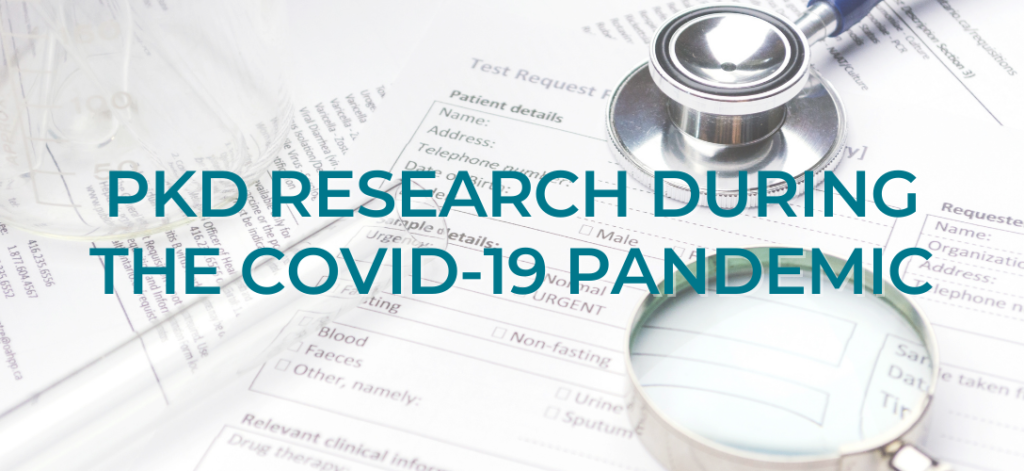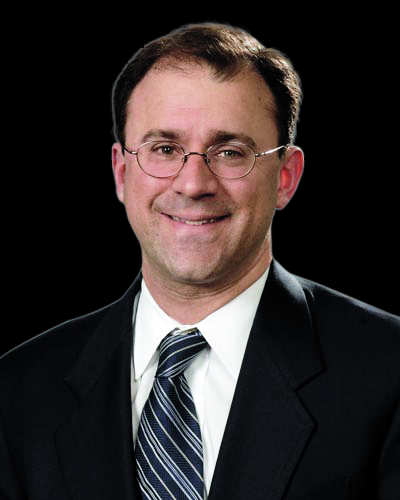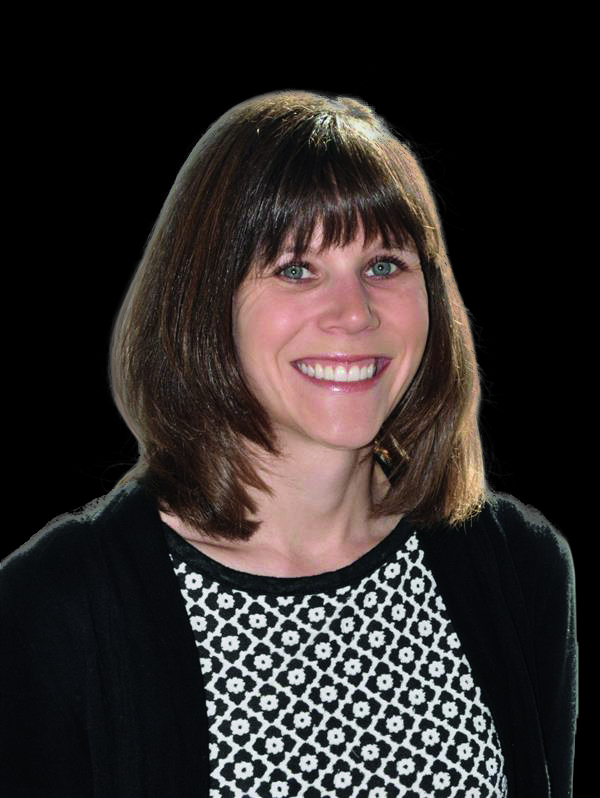
Published on April 6, 2021 | What happens to research during a pandemic? When the COVID-19 pandemic hit in early spring 2020, hospitals canceled elective surgeries and other procedures. They also halted the majority of clinical trials underway, setting researchers back months, if not years, in their work. We talked to two PKD researchers about the impact of the pandemic on their studies. Here’s what they said about PKD research during the COVID-19 pandemic.
Diet and PKD Research
Kristen Nowak, Ph.D., M.P.H., an associate professor at the University of Colorado’s Anschutz Medical Campus in Aurora, recently received a $160,000 grant from the PKD Foundation to fund research on the impact of diet and adiposity on PKD disease progression. The goal is to enroll 30 people with the disease in a small pilot study to evaluate the effects of time-restricted feeding (i.e., an extended overnight fast) on kidney disease.
All participants will receive education with a registered dietitian on the best-practice dietary recommendations for PKD. Though half will also be trained on time-restricted feeding, in which they will fit their meals into the eight hours after waking up and then fast until the next day.
“There is a lot of animal research related to various dietary regimens in rodent models of PKD that suggested this extended fast could be beneficial in slowing the cyst growth in the kidney,” Dr. Nowak says. “It’s likely that certain pathways overlap between the growth of cysts and metabolism, and that fasting may slow that growth by inhibiting some proteins and activating others.”
She and her team were awarded the grant for the study when COVID-19 hit.
Dr. Nowak’s PKD Research During COVID-19
While it was relatively simple to delay the start of that trial, Dr. Nowak was also in the midst of another study looking at the effects of calorie restriction with and without intermittent fasting on people with PKD. That study involves 27 people in three groups. Half of them are restricting calories every day but can eat whenever they want. While the other half eat a very low number of calories three days a week but can eat more other days.
Participants were scattered throughout the country. While the first group was able to finish the study before the pandemic began, the second was supposed to return to Colorado in late April 2020 for evaluation, including an MRI. Of course, asking someone with a chronic illness to get on an airplane was impossible. Meanwhile, the third group is currently scheduled for its evaluation in the fall. In late August, Dr. Nowak received approval for the study participants to return, and for recruitment to begin for the time-restricted feeding study.
Balancing the need for safety against the need to fulfill grant requirements “has been one of the biggest things I’ve been wrestling with.” But, she says, the most important thing is the health of the study participants.
The FALCON Study

Stephen Seliger, M.D
Stephen Seliger, M.D., directs the Baltimore PKD Center Clinical and Translational Core at the University of Maryland School of Medicine. He is also an active researcher, with several grants from the National Institutes of Health as well as the pharmaceutical industry.
When COVID-19 hit, Dr. Seliger was just gearing up for a multicenter, phase 3 clinical trial known as FALCON. A study investigating bardoxolone methyl as a treatment for PKD. Bardoxolone has been studied for about a decade in treating several diseases, including kidney disease. “It has some interesting effects on kidney function that could be effective in PKD,” he says.
The FALCON study has been on a pause in new enrollment since late March 2020. “All clinical research deemed noncritical that involved any direct patient contact of any kind was put on pause,” Dr. Seliger says.
“It’s been very difficult,” he adds. “We were involved in a number of trials and it was a huge scramble to do what we had to do to shut down. I understand the rationale for this, having seen really sick COVID patients up close. But if you’re in the middle of clinical trial and a certain proportion of participants go off the study drug without follow-up for several months, it has huge implications for the feasibility and interpretation of the data.”
Still, he says, “We’re not throwing any data out. But we will have to come up with various sensitivity analyses to understand how the missing data and missed treatments could affect the outcomes.”
Study participants “have been very understanding and as flexible as they can be,” Dr. Seliger says. In some cases, they’ve received follow-up lab testing at a commercial lab.
The Future of Research During the Pandemic
Both studies have since resumed seeing study patients in the clinic with COVID precautions.
“There’s no question that COVID makes research more complicated in the near term,” he says. “But in the long term, there is a strong sense of commitment to completing this research.”
Want to see more articles like this? Subscribe today so you don’t miss the summer issue of PKD Life!










0 Comments